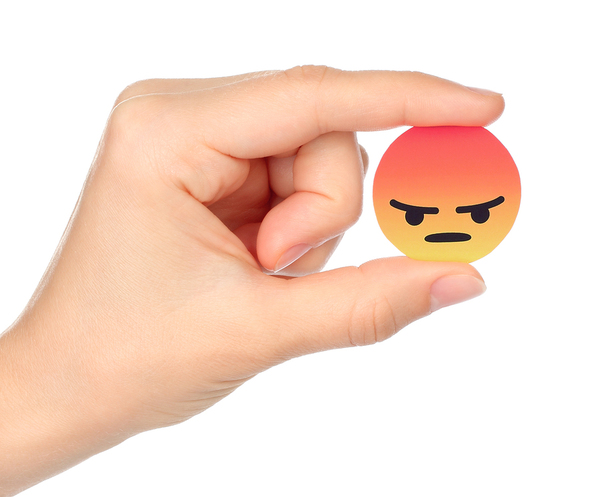If you’ve been following the news, you’ve probably heard about how data about voters who used Facebook ended up in the hands of Cambridge Analytica and was then passed on and used by political campaigns. While most of the framing of this story has to do with the effect on voters, it’s important to consider what’s happening to the data of Facebook users who are too young to vote, and who are therefore the most vulnerable population on social media. If you’re the parent of a child or teenager who uses Facebook, take a look at some things this scandal reveals about your child’s online privacy or safety.
Facebook Users Are Products, Not Customers

Facebook users have good reason to be angry at how their information is being collected and used.
When you use Facebook, it’s easy to think of yourself as Facebook’s customer, and the same applies when you let your child use the site. But this scandal shows that people should reframe the way they think about their relationship to the site. You and your children aren’t Facebook’s customers. You don’t pay them to use their service, after all. Companies who want your data for political or marketing purposes are the customers. You – and your children – are the products that Facebook is selling.
The same process that allowed user data to wind up in the hands of a political consulting firm also allows it to wind up in the hands of advertisers, who use that data to market products and services. And while political campaigns might focus on eligible voters – adults, in other words – marketers have no such limits. Children and teenagers spend money or have people to spend money on their behalf, therefore, they’re targets for data mining.
Facebook is Not Alone
While the desire to simply delete Facebook is a reasonable reaction to discovering an invasion of privacy, it probably won’t help that much. Facebook may be the social media giant in the headlines today, but there’s no reason to believe that other social media companies aren’t operating in a similar fashion.
Facebook owns other wildly popular apps, like Instagram and WhatsApp, both of which are commonly used by children and teens. And even sites and apps that have no connection with Facebook are collecting data on their users every day. Are you prepared to delete all of your and your child’s social media accounts? Probably not.
How to Minimize Privacy Loss
 Getting comfortable with privacy settings on Facebook and other sites is a good way to start protecting your child’s online privacy.
Getting comfortable with privacy settings on Facebook and other sites is a good way to start protecting your child’s online privacy.
The good news is that awareness is a powerful tool. For one thing, it allows users to demand more accountability from the people who run Facebook and other popular social media sites. For another thing, once you realize that collecting and sharing your data and your children’s data is something that can happen anywhere, you can take steps to mitigate this loss of privacy.
You can start by familiarizing yourself and your child with your privacy settings, not just on Facebook, but on any site that you or your child uses. There are many ways you can prevent privacy loss. For example, on Facebook, you can control what information 3rd party apps can access and what information your friends can share about you, as well as what information you share about yourself. It’s also important to talk to your child about being judicious about what information they reveal. Point out that information collected on social media sites can be used not just in marketing or political campaigning, but in everything from criminal court cases to college applications.
Installing parental monitoring software on your children’s devices can help you oversee what sort of information your child makes public. You can tighten their security or prevent them from installing apps that you’ve decided are just too risky or untrustworthy. To find out how parental monitoring software can help you protect your child’s privacy, get our free trial.


